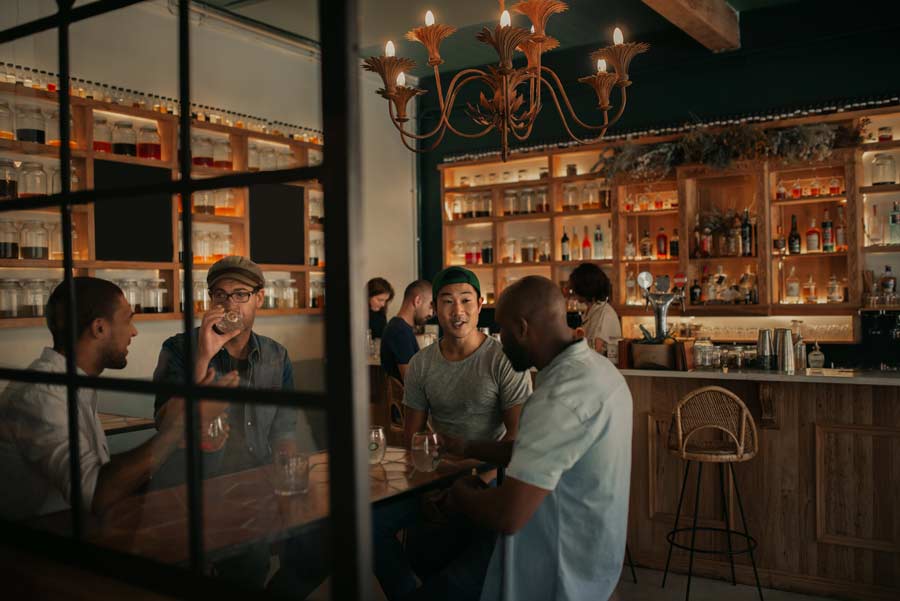 Reforms were called for by the City Counsel after a woman was abducted from a nightclub and killed last year. This abduction occurred only weeks after another kidnapping took place at a different club. Now, a guidebook called “Best Practices in Public Safety for Nightclubs & other Licensed Premises,” has been released. According to Boston Magazine, the 36-page report was a collaboration between the Boston Police Department, bar and club owners, and the city’s licensing board. What responsibility do nightclubs have to protect the safety of their customers?
Reforms were called for by the City Counsel after a woman was abducted from a nightclub and killed last year. This abduction occurred only weeks after another kidnapping took place at a different club. Now, a guidebook called “Best Practices in Public Safety for Nightclubs & other Licensed Premises,” has been released. According to Boston Magazine, the 36-page report was a collaboration between the Boston Police Department, bar and club owners, and the city’s licensing board. What responsibility do nightclubs have to protect the safety of their customers?
In Massachusetts, nightclubs open to the public for business owe a duty to all persons lawfully on premises ‘to use reasonable care to prevent injury to [them] by third persons whether their acts are accidental, negligent, or intentional.’ The duty owed is to guard against reasonably foreseeable risks of harm. Safety rules and industry standards may be evidence of the appropriate care nightclubs owe under the circumstances. When nightclubs violate that safety rule, it is evidence of negligence.
Now, we can expect that nightclubs will develop a safe atmosphere for customers. The guidebook lays out best practices for preparing security and developing security plans. Additionally, it addresses best practices regarding intoxication, sexual assaults, age verification, ride-share safety and fire safety. If a nightclub doesn’t follow these safety recommendations and a predictable injury occurs to a customer, that nightclub should be held accountable for not preventing a predictable injury..
Some of the recommended security measures we can expect now include:
- Restrooms should be monitored more closely by attendants.
- Data should be obtained by license-readers and obtained for at least 30 days.
- Employees should be trained to spot the difference between drunk customers and customers that have been drugged.
- More security cameras should be installed around venues. Cameras should provide coverage of “all blind spots, entrances, exits, service areas, hallways, stairwells, dance floors,” outside areas, and parking lots.
- Rather than kicking people out for being too intoxicated, clubs should call BPD to handle potentially dangerous situations.
- Videos of any unlawful event should be immediately submitted to BPD.
When someone has been injured, or even worse killed, due to shortcomings in nightclub safety, the injured person may have rights to hold the nightclub accountable. We can expect that unless nightclub owners provide adequate deterrence protocols through security, employee training, surveillance cameras, the nightclub owners may be held responsible for failing to prevent predictable injuries.
We believe these new public safety practices are positive and necessary steps toward protecting our community.
If you have questions about unsafe conditions at nightclubs, call us at DILLER LAW, LLP
